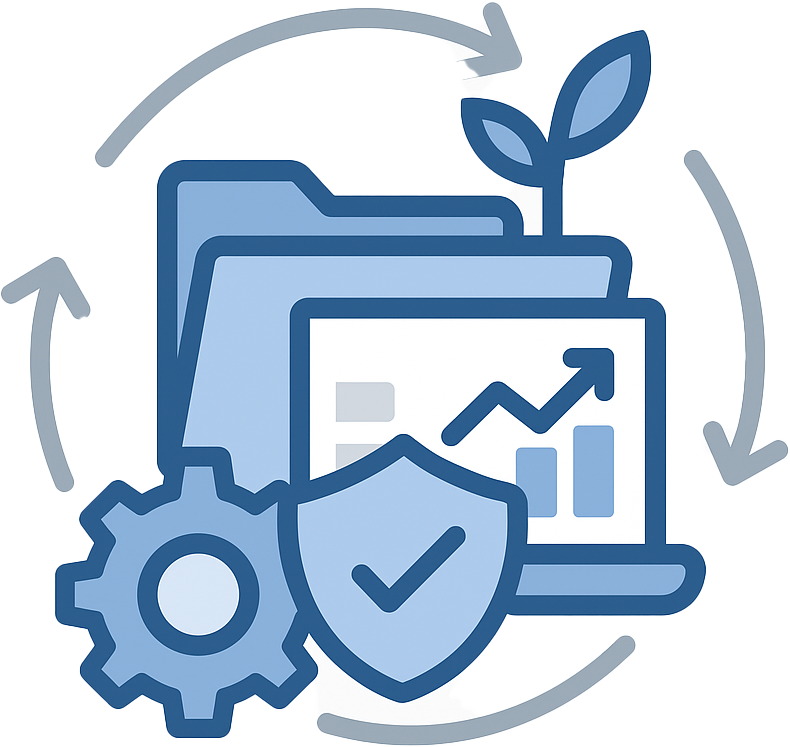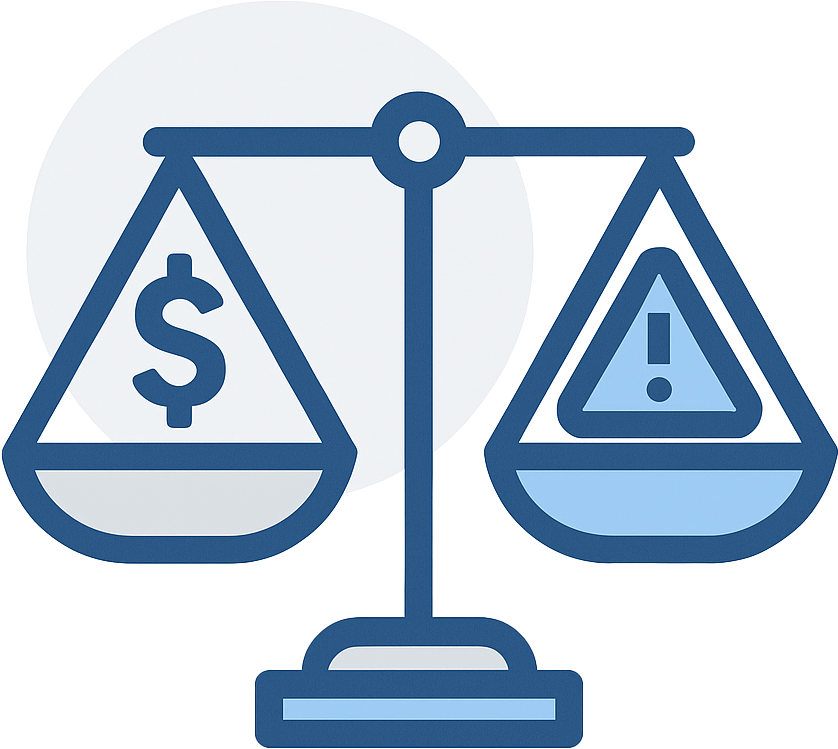Starting a recycling business in New Jersey sounds like a great idea. After all, you're starting a new business, hiring employees, paying taxes, and doing something good for the environment!
But since this is New Jersey, you're also probably aware that you'll need some form of permit or approval from the NJDEP (New Jersey Department of Environmental Protection) to operate that recycling business. As you can imagine, it can be very confusing what type of permit or approval you'll need when it comes to opening a recycling center.
We hear it all the time - those that have started looking into the process don't know what to do. The process is confusing, expensive, and doesn't make sense. Don't worry, you're not alone. Let's take the mystery out of this situation, and hopefully set you on the road to getting that recycling business in New Jersey up and running.
A Quick Word on Recycling Permits & Approvals in New Jersey
Getting started with a recycling business you're going to need to figure out where you stand:
- You either need a recycling approval or permit from the NJDEP.
- You are exempt from the need for a recycling approval, and instead can operate under one of the many recycling exemptions issued by the NJDEP.
- You aren't doing anything that meets the definition of a regulated recycling operation and legally don't need any approval, permit or exemption from the NJDEP.
- You're already operating a recycling facility and don't have a recycling approval, permit or exemption. You either didn't know you needed one and want to run a legit operation, didn't know you needed one and regulators are forcing you to get one, or don't care and want to avoid this at all costs.
Regardless of what category you fall into above, you really need to read carefully. Operating a recycling facility without an approval isn't a good idea since you risk harsh penalties from the NJDEP including fines, or even shutting down your business. And, if you get in trouble and put a sour taste in the NJDEP's mouth before you even try to apply for a permit or approval, it makes your life significantly harder. Either way, not good for business!
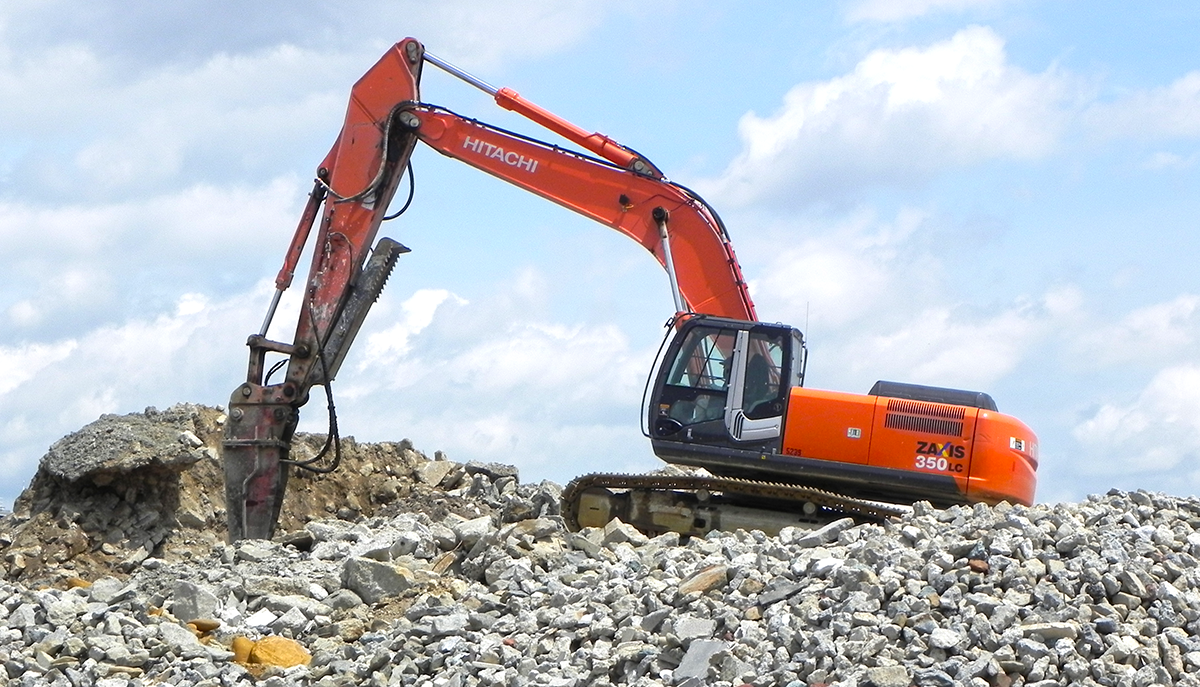
If you're lucky enough to fall into category 2 or 3, life is sweet. Operating without the need for any permit or approval makes your life much, much easier. And worse come to worst you can get a New Jersey recycling exemption and get your business up and running quick, cheap, and easily.
If you're in category 1 or 4 and need to a recycling permit or approval, do yourself a favor and sit down because we're going to go over the ugly stuff first and start with the bad news.
Getting a recycling permit or approval in New Jersey isn't east, quick, or cheap.
Pretty much every aspect of opening a full blown recycling business in the State of New Jersey is a major pain. Let's be clear right now - obtaining a New Jersey recycling approval or permit is long, complicated, somewhat political, and not for everyone. Don't expect to get your business up and running quickly or inexpensively (and we're not talking about what we charge either!). We cover this extensively in:
How much do NJ recycling permits & approvals cost? - and - How long does it take to get a New Jersey Recycling Permit or Approval?
Now that we have those two hurdles out of the way (I really encourage you to read them) it's time to figure out what New Jersey recycling permit you'll need.
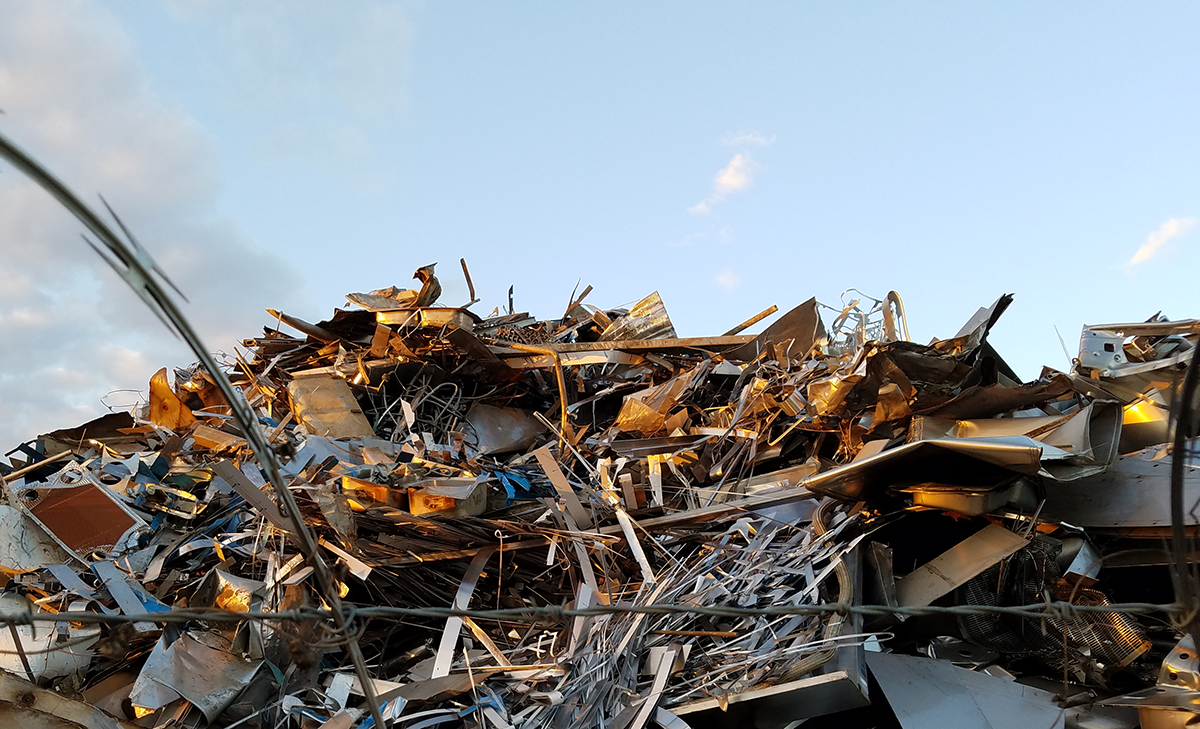
What do you want to recycle in New Jersey?
This is where you should start, and hopefully you already have an answer.
What material(s) do you want to recycling in New Jersey?
Glass? Metals? Concrete? Asphalt? Leaves? Trees? Tires? Computers? Batteries
Do you want to make compost?
Do you want to process used oil?
Do you want to process food waste?
In New Jersey, the material you want to recycle makes a huge difference, since materials fall into different classes, and all of these materials I listed (in addition to several others) are all "regulated" materials. Chances are pretty good regardless of what you want to recycle, the recyclable material is probably a regulated material in New Jersey and most likely falls into one of four classes.

- Class A Materials - Class A recyclable materials are those that are typically thought of by most people as recyclable materials, since that's what most of us recycle at home. Glass, plastics, cardboard, metal, that sort of thing. Pretty traditional recyclable materials.
- Class B Materials - Class B materials are generally those we might consider to be construction-related materials, including concrete, asphalt, wood, tree parts, asphalt shingles, tires, and even petroleum contaminated soil (yes, it's recycled). For more info, check out What are Class B Recyclable Materials in New Jersey?
- Class C Materials - Class C recyclable materials are easy to remember. Make it easy on yourself and say "C for compost". Think of it as materials that are composted, which are usually leaves, grass, farm materials, and maybe even food waste if composted.
- Class D Materials - Class D recyclable materials are mainly those that are characterized as universal wastes, and include computers and other consumer electronics, batteries, antifreeze, latex paints, used oil, etc. For more information, check out our article New Jersey Class D Recyclable Materials - Electronics, Use Oil, and Universal Waste
But while I said there were generally four classes of recyclable materials, that isn't completely true. There are materials which don't fit into those categories, like textiles or architectural salvage items. There's no category for these oddball materials, but they're recyclable, and so fall under the heading of recyclable materials. If you're looking to recycle these materials, you're going to need to do some further digging. You might be able to get covered under a New Jersey recycling exemption, you might need to get in touch with the NJDEP, you might need to get some legal advice or talk to a recycling expert and get further help. It all depends.
Now, the third thing to consider is the scale of your recycling operation. Yeah I know, you want to make it as big as possible, and operate around the clock all year long, but realistically how will this recycling facility operate? For example, maybe you only want to run a really small operation, in conjunction with some other business. Or maybe it'll be seasonal with only limited hours. Or maybe it's only temporary, like recycling at the site of a building demolition. Or maybe there are restrictions in place because of where it's going to be located. This may make a huge difference to the type of approval or permit you'll need.
Now, what recycling permit or approval do you need? As you can guess, it now depends. It depends on the types of material to be recycled, and the nature (scale and duration) of the operation.
In short, you'll either need a recycling approval - which is the same thing as a recycling permit - or you'll qualify for an exemption from the need of a recycling approval.
That's it, one or the other. A recycling approval/permit, or an exemption, if you want to get into the recycling business in New Jersey.
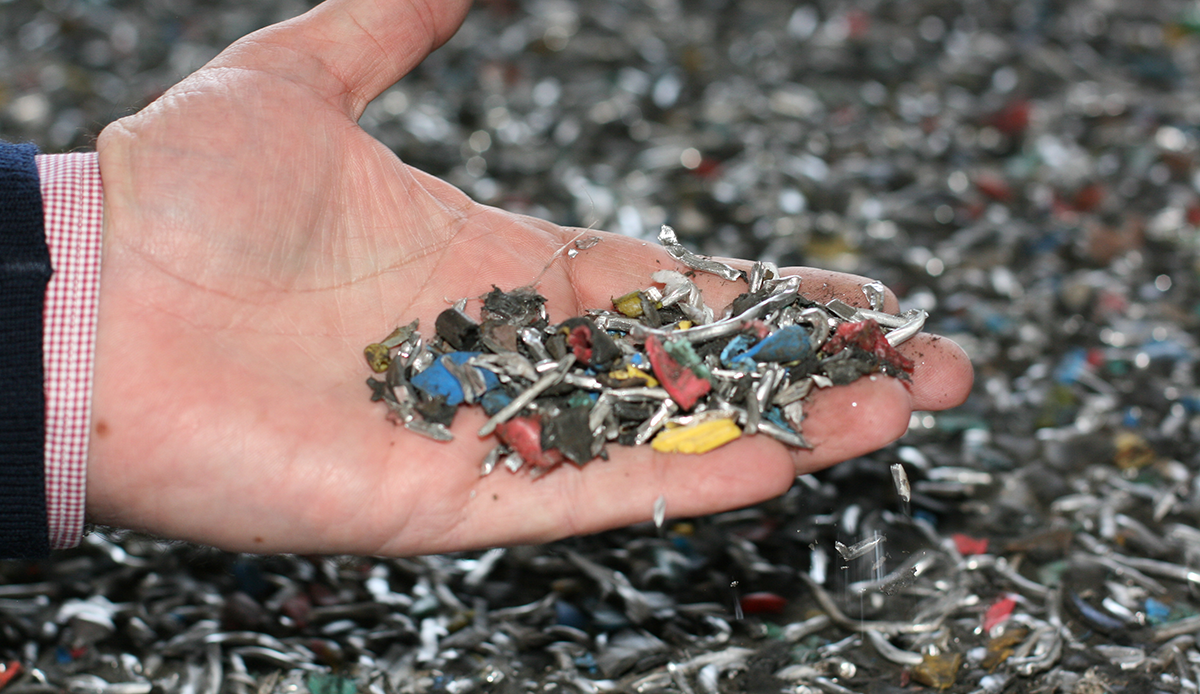
What types of recycling permits and approvals in New Jersey are there?
As you may have guessed, there's four types:
- Class A
- Class B
- Class C
- Class D
And as you may have already guessed, depending on the type of material you want to recycling determines which approval you'll need.
But what about if you want to have multiple recycling permits at one facility? No problem! You can have multiple recycling approvals for multiple materials. We cover that topic in our article Understanding Multi-Class Recycling Center Approvals.
What about temporary recycling projects in New Jersey?
A side note is in order here. These recycling center approvals, whether Class A, B, C or D are called "general recycling center approvals", and they're good for 5 years at which point they need to be renewed.
For Class B materials, you can obtain a temporary Class B Approval, which is called a "limited recycling center approval" and is good only for 6 months. That type of approval is usually reserved for temporary situations, like the building demolition. You cannot use a temporary Class B Approval for an ongoing recycling facility.

What are recycling exemptions?
What about exemptions? I've mentioned them a bunch but what are they?
Think of exemptions as being used for small-scale or limited recycling operations, ones that aren't big enough or operate long enough for real general recycling center approvals. For example, small-scale tire recycling facilities that only collect and ship out tires, don't process them directly. Or building contractors who generate recyclable concrete from their own jobs and then recycle it again for future jobs of theirs. Or small-scale leaf collection and composting facilities. And, unlike the recycling approvals mentioned above, you really don't "get" these, you instead merely notify the State of New Jersey that you'll be using one of these exemptions through a relatively quick and easy notification process with no cost to the NJDEP. So, easy to get covered under, quick, and free (if you do it yourself) but very, very limited in scope.
We go over exemptions in a three part series:
You can learn which exemptions are out there, which ones might work for you, and get a handle on the various options for your operation. Or, check out our article The Most Common NJ Recycling Exemptions to get a handle on which exemptions (in our opinion) are the most common ones used by businesses.
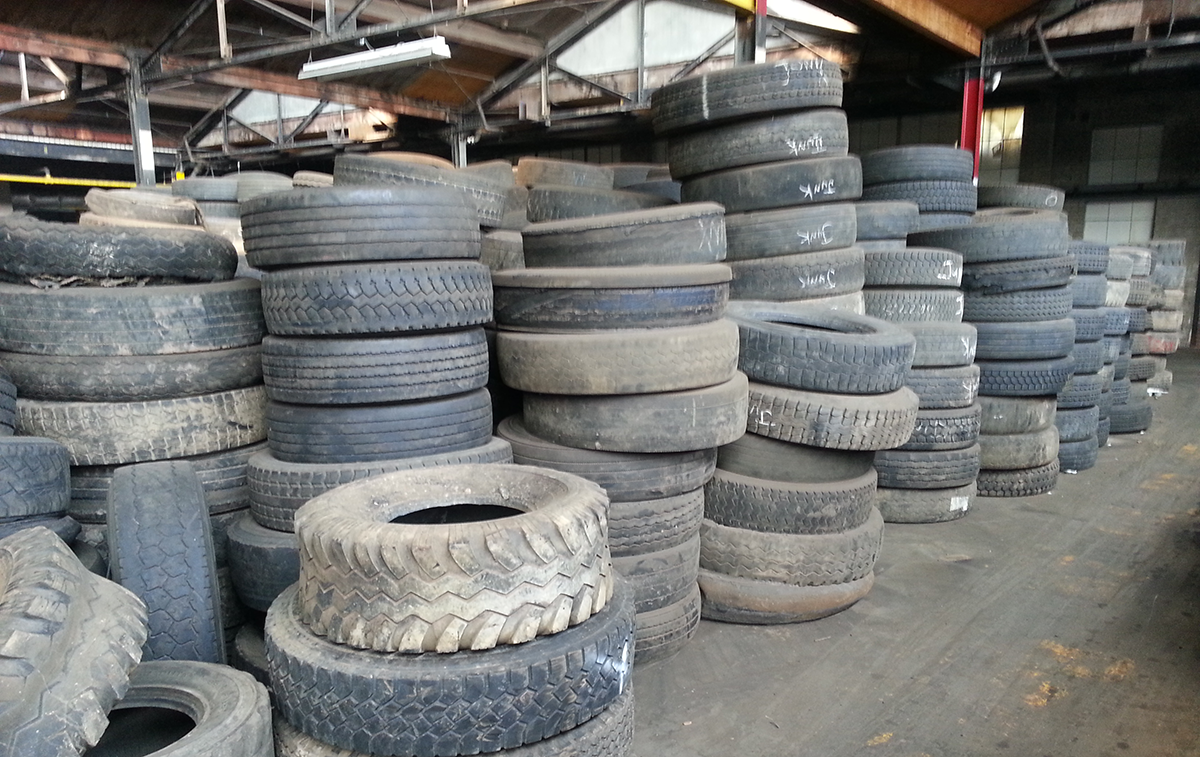
Will I need other permits or approvals?
Now, bear in mind, this is New Jersey where nothing is easy.
Of course there are additional permits and approvals needed to operate a recycling facility, but they aren't "recycling permits".
You're going to need things like a NJPDES stormwater discharge permit, air permits, local permits and approvals on the township or city level, and possibly a lot more.
Heck, in the near future you may also need to get an "A-901 certification" which is a high level background check to ensure there's nothing in your past that might mean the State of New Jersey doesn't want you in the recycling business. It's never easy to do business in New Jersey, even when doing something good like recycling!
So that's it. Class A, B, C or D general recycling center approvals, a Class B limited approval, covered under an exemption from the need for a recycling center approval, or you just don't need one (since you probably aren't really in the recycling business!). Between recycling center approvals and exemptions, there's probably something there that fits your recycling operation.
Not sure where to begin? Let's talk. Click here to contact us online or give us a call anytime at our New Jersey office at 609-693-8301 to learn how we can help you get that recycling operating in New Jersey up and running.



